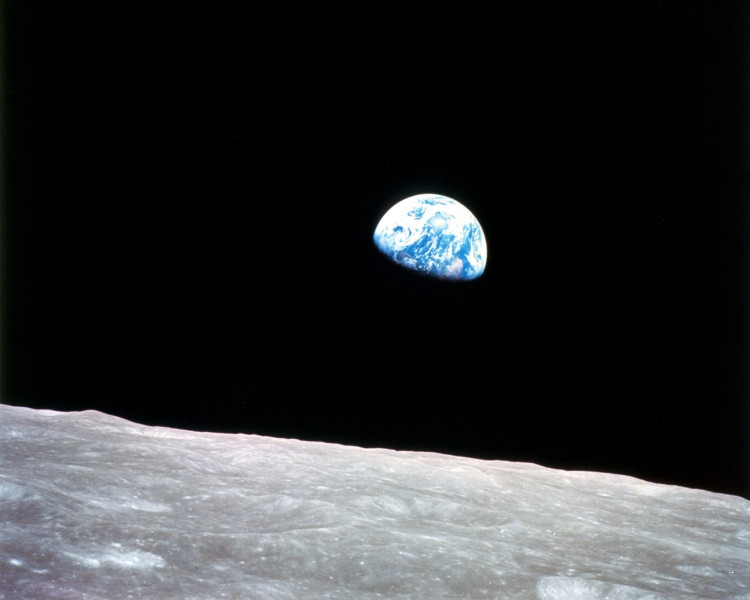According to NASA Administrator Bill Nelson, the U.S. and China are engaged in a space race that could result in Beijing attempting to stake out territory on the moon.
"It is a fact: we're in a space race," the NASA administrator told Politico. "And it is true that we better watch out that they don't get to a place on the moon under the guise of scientific research. And it is not beyond the realm of possibility that they say, 'Keep out, we're here, this is our territory.'"
The U.S.-China relationship is complicated and has gotten increasingly strained in recent years. The mistrust between the two powers can also be shown in matters concerning outer space.
There is still no legal foundation for claiming land in space. China, along with the United Declares and 132 other nations, signed the 1967 Outer Space Treaty, which states that "Outer space, including the moon and other celestial bodies, is not subject to national appropriation by claim of sovereignty, by means of use or occupation, or by any other means."
However, Nelson sees Chinese actions and territorial claims in the South China Sea as a probable signal of future lunar claims.
Both China and the U.S. have ambitious plans to explore and colonize the moon. The U.S. and China both have ambitious lunar plans, and NASA is advancing its Artemis program to send men back to the moon.
China wants to establish a lunar outpost in the 2030s and deploy its own personnel to the moon before the end of the decade. The same locations near the lunar south pole are being considered for landing by both powers.
Figures from the Chinese space sector have pushed to deny Nelson's most recent claims.
"We carry out spaceflight to develop high technology and improve economic growth and people's living standards," Yang Yuguang, a senior space industry observer in Beijing and vice-chair of the International Astronautical Federation's space transportation committee, told state media outlet China Daily.
"We don't take part in a space race with any other countries because competition in this regard is meaningless," Yang added.
Despite existing political impediments to NASA cooperating with Chinese companies, Nelson appeared to hint that cooperation with China could be possible during the International Astronautical Congress in Paris in September. However, he emphasized that China's space goals must be more open and transparent.






